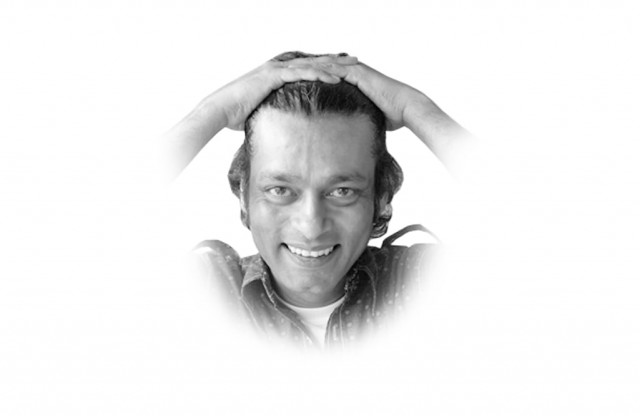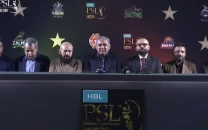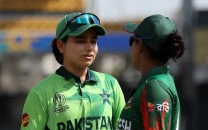How Indians like their martyrs
Khudiram Bose smiled in the face of death as a judge read out his sentence. We tend to see his smile everywhere.

The picture shows a short, slight, dhoti-clad youth flanked by policemen. A British cop has the air of a successful hunter. Two Indian policemen in the frame look stiff, as if the photographer had barked ‘saavdhan’ instead of ‘say cheese’. On the face of the young bomber though, there seems to be an enigmatic smile.
In my native Bengal, Khudiram Bose’s smile is an integral part of his legend. This man smiled in the face of death as the judge read out his sentence. We tend to see his smile everywhere.
To the Bengali, this other Bose is what Shaheed Bhagat Singh is to north India. This is not to say that the rest of the country does not care. The Facebook post of the picture was shared by thousands of people from all over the country. The comments had a common ‘Jai Hind’ refrain, and common national complaints: where was the spirit of Khudiram now? Is this the kind of India he gave his life for?
The source of the original post is a community page titled ‘Let’s speak India’. For anyone who wants daily updates on the levels of the Indian middle class’s naivety, its simple-minded patriotism and its appetite for drivel, this is a really good place to start. (This community supports, for whatever it is worth, the candidacy of former president APJ Abdul Kalaam for another term as president. It is inspired by such Kalaam gems as: … “let difficulties know that you too are DIFFICULT” (sic).)
At the risk of being branded unpatriotic, possibly traitorous, I would like to revisit the legend of Khudiram Bose. It goes something like this. In April 1908, Khudiram and a revolutionary comrade Prafulla Chaki set off on a mission to assassinate a pathologically cruel judge called Kingsford. On the evening of April 30, they threw a bomb at his carriage when it was returning from his club in Muzaffarpur. Only, it wasn’t Kingsford in the carriage. The occupants were two British guests of the judge — a mother and daughter who both died in the attack.
Bose and Chaki were apprehended separately in the days following the attack. Chaki preferred committing suicide to being captured. Bose was not able to draw his weapon in time and was arrested. He confessed to the bombing, entered a guilty plea and was sentenced to death by a district judge.
Khudiram’s story spread across Bengal at a speed social media might envy, his youth playing no small part in charging up thousands of young Indians. When the case went into appeal at the Calcutta High Court in July, thousands would turn up outside singing the stirring Vande Mataram anthem.
But the appeal in Khudiram Bose vs. Emperor was a curious one. His counsel suggested, obliquely, that it was Chaki (now dead) who actually threw the bomb, Bose being hampered by the heavy revolvers on him. He then argued that the sentence be mitigated keeping in mind Khudiram’s youth; that his confession showed “his feelings were not fully developed and that the crime was an insane act of criminal folly”; that his attitude during the trial (the brave smiling face) suggested he was not of strong mind — “a mere tool in the hands of others”.
These are recorded denials of the very elements that fill out the legend of Khudiram Bose. But the image of a young man trying to save his life does not sit well with us. We will our martyrs to go smiling to the gallows. And then we ‘like’ and ‘share’ and comment.
Published In The Express Tribune, June 15th, 2012.


















COMMENTS
Comments are moderated and generally will be posted if they are on-topic and not abusive.
For more information, please see our Comments FAQ